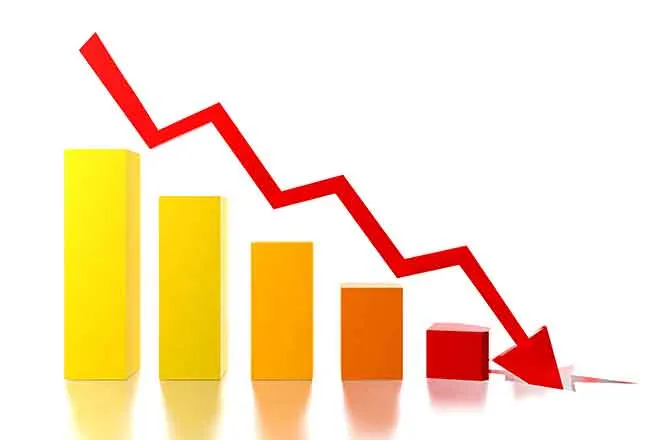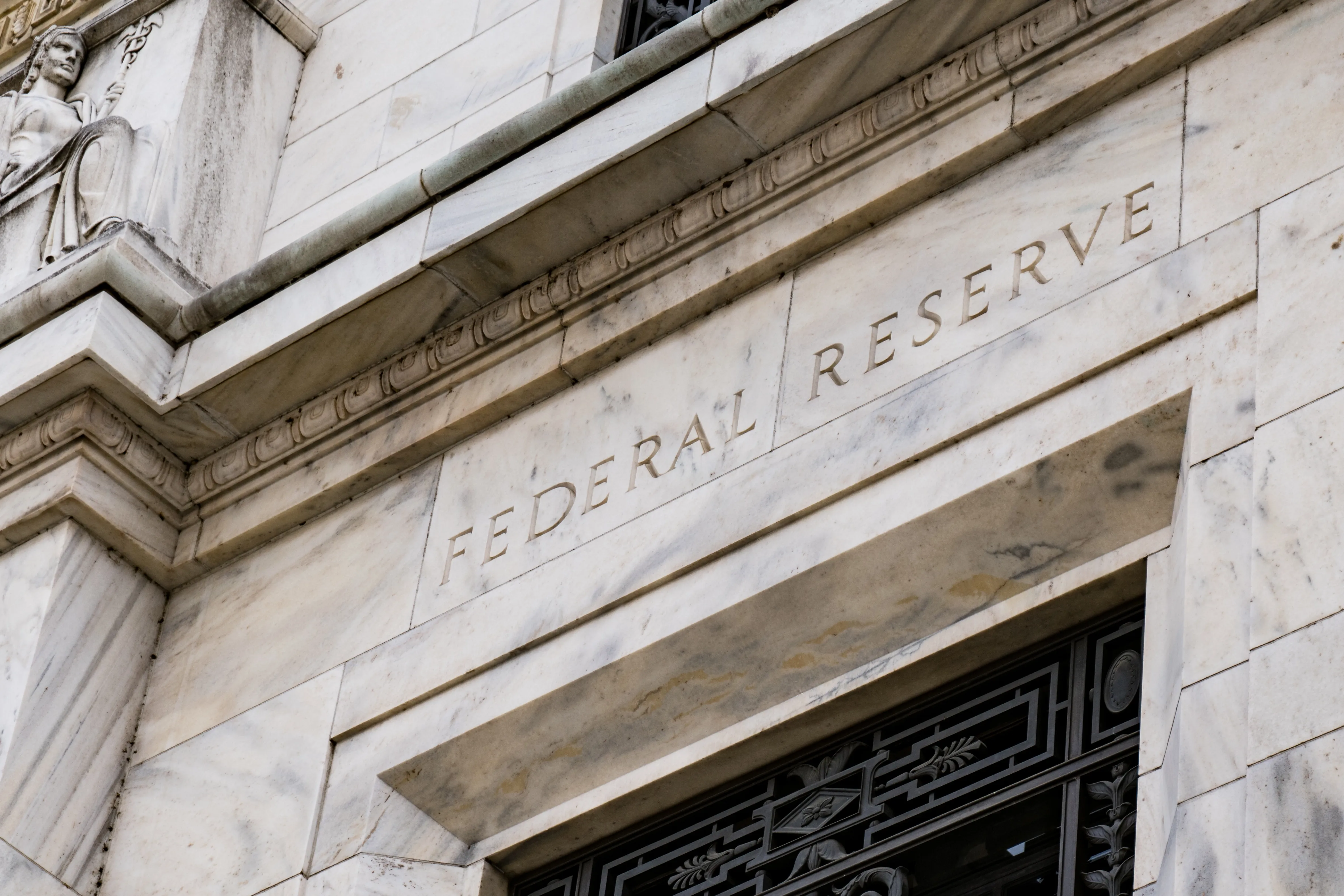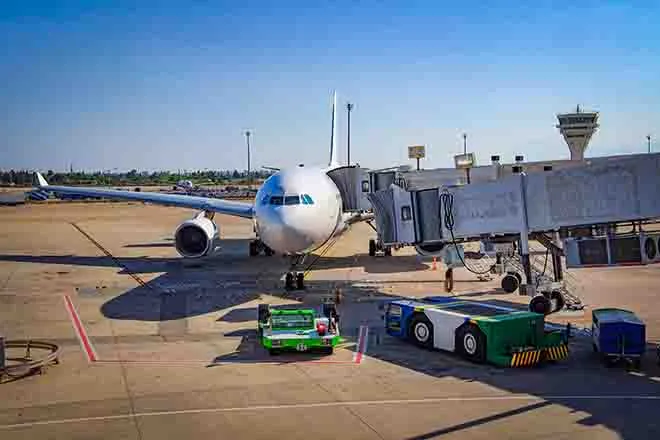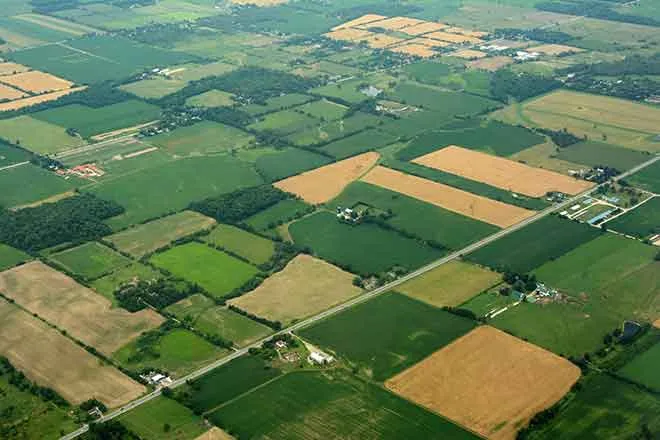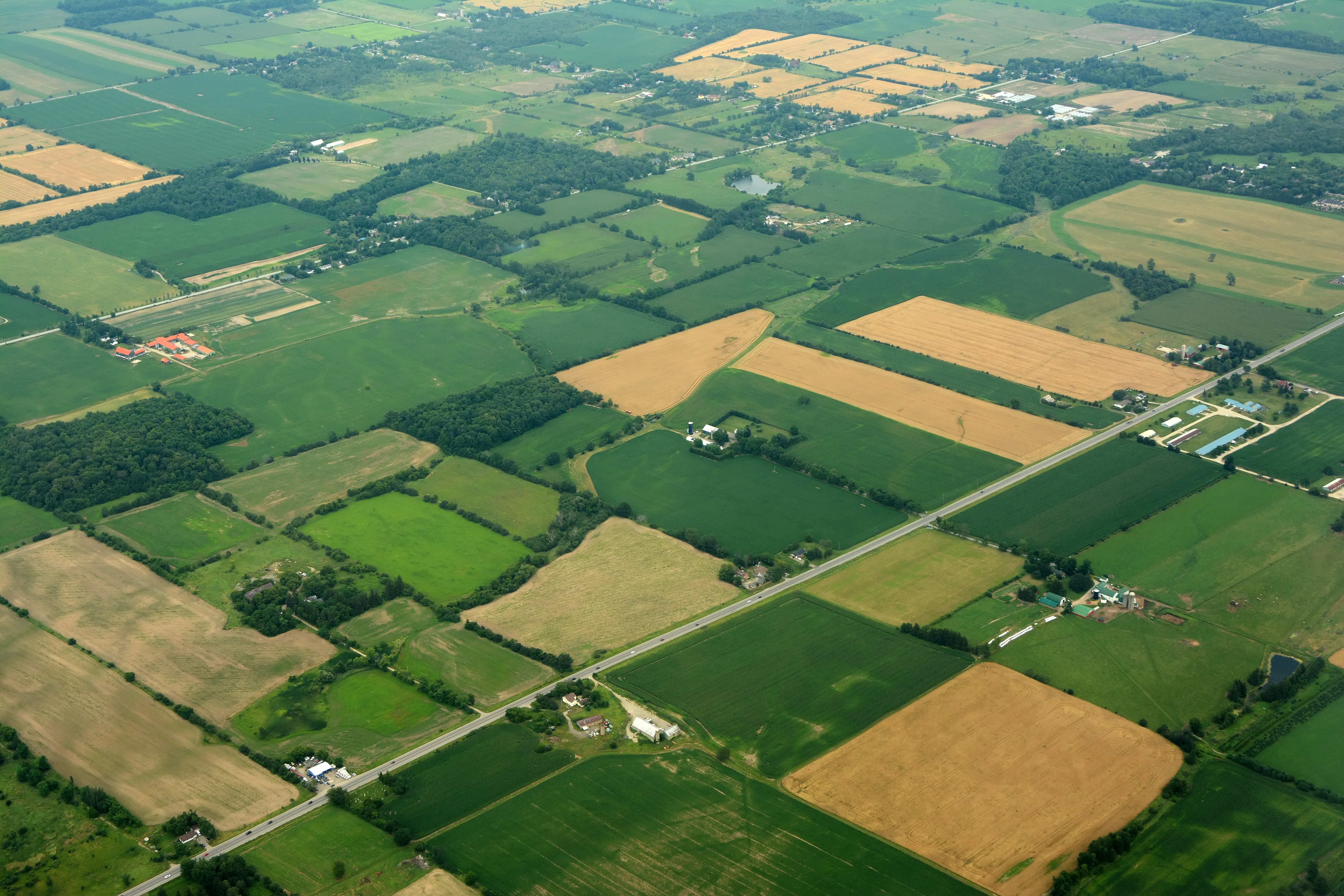
Iowa small farm advocates call for less corporate land control
(Iowa News Service) Rural advocates are supporting the Farmland for Farmers Act in Congress. It would restrict the amount of Iowa farmland large corporations can own, and it is in response to foreign and domestic corporations buying up land and then renting it out.
As farmers start to retire, more than 40% of U.S. farmland will change hands in the next decade, but it might not wind up with young Iowans who want to farm.
Hannah Breckbill, co-farmer at Decorah-based Humble Hands Harvest in northeast Iowa, said out-of-state corporations buy the land and rent it to the highest bidder, keeping it out of local hands and driving land prices sky-high.
"Land prices have been going up and up and up," Breckbill observed. "In my career as a farmer -- which is not very long, only about a decade -- I've seen land prices more than double. And we need farmers to be on the ground, owning land."
Breckbill pointed out more than 50 percent of Iowa's 30 million acres of farmed land is rented and not locally owned. The Farmland for Farmers Act would restrict corporate investment, and supporters hope it is adopted as part of the new Farm Bill, scheduled to be debated this month.
Breckbill also helps overwhelmed young farmers find land in Iowa, and being a young farmer herself, has firsthand experience with navigating the daunting land acquisition process. She believes Iowa's farmland should be making a natural transition into the hands of beginning local farmers.
"We've gotten jobs on farms. We know how to farm. We have the skills. We have the knowledge. We have the capacity. We have the energy," Breckbill emphasized. "We just don't have the capital to be able to access the land."
The National Family Farm Coalition, which supports the Farmland for Farmers Act, released a fact sheet showing the average price of an acre of farmland in the U.S. has climbed to $3,800, the highest it has been since the 1970s. The Act has not yet received official support from Iowa's members of Congress.

